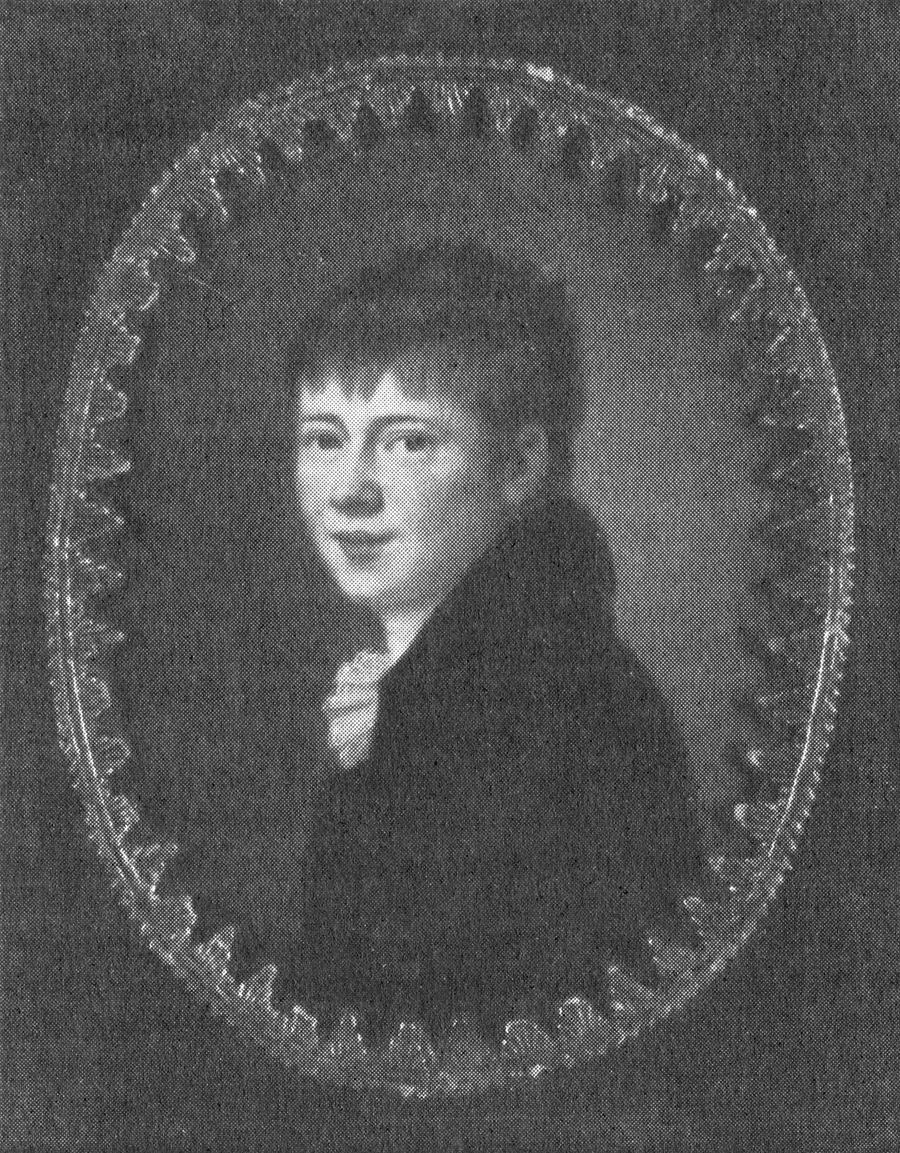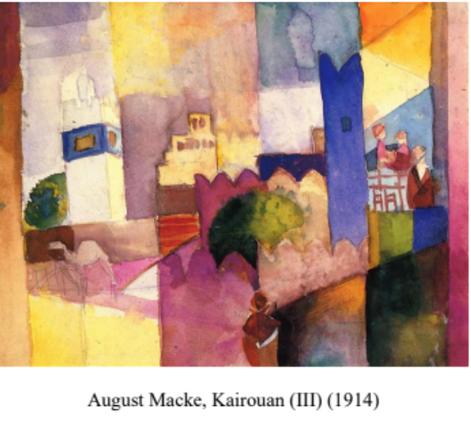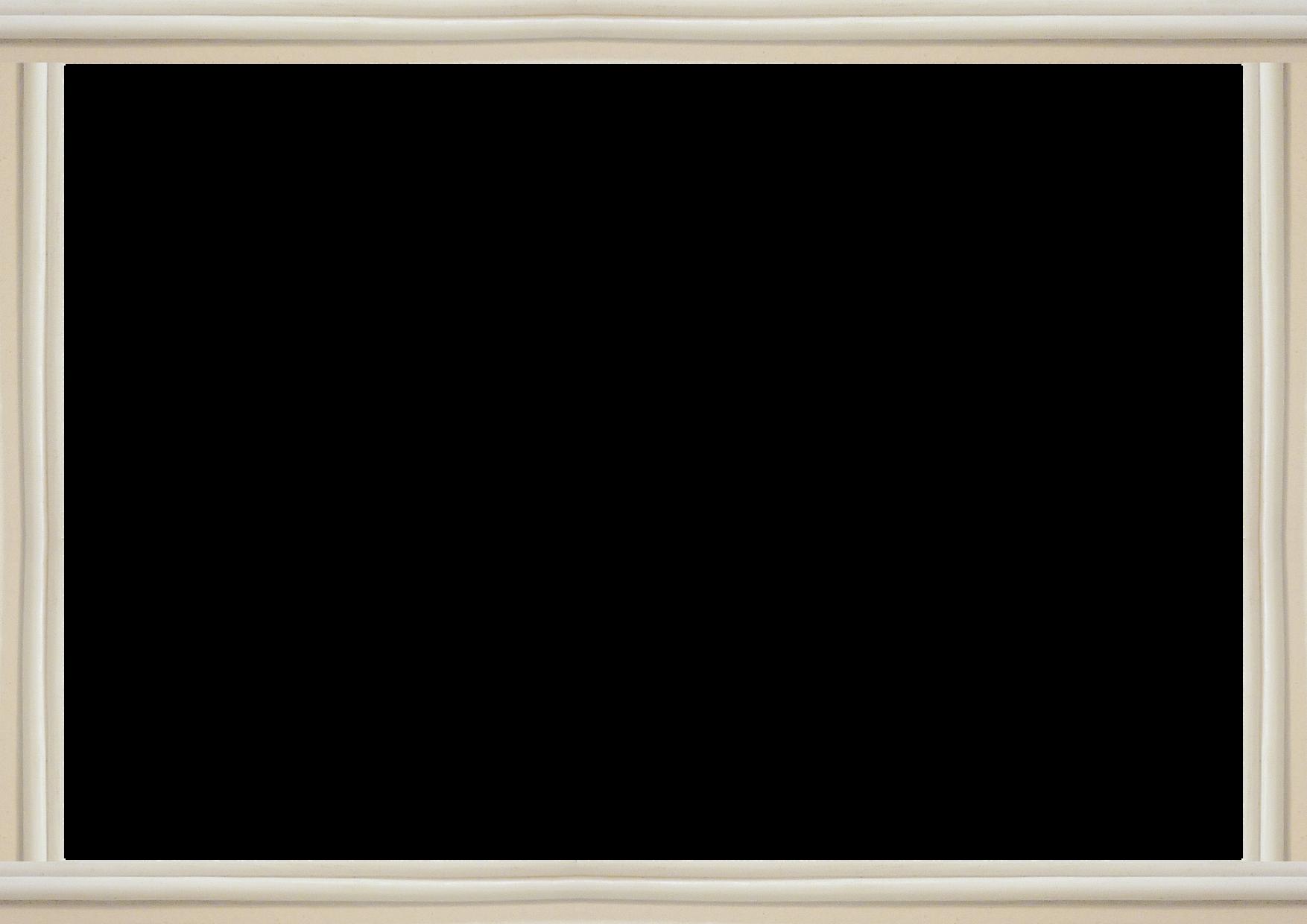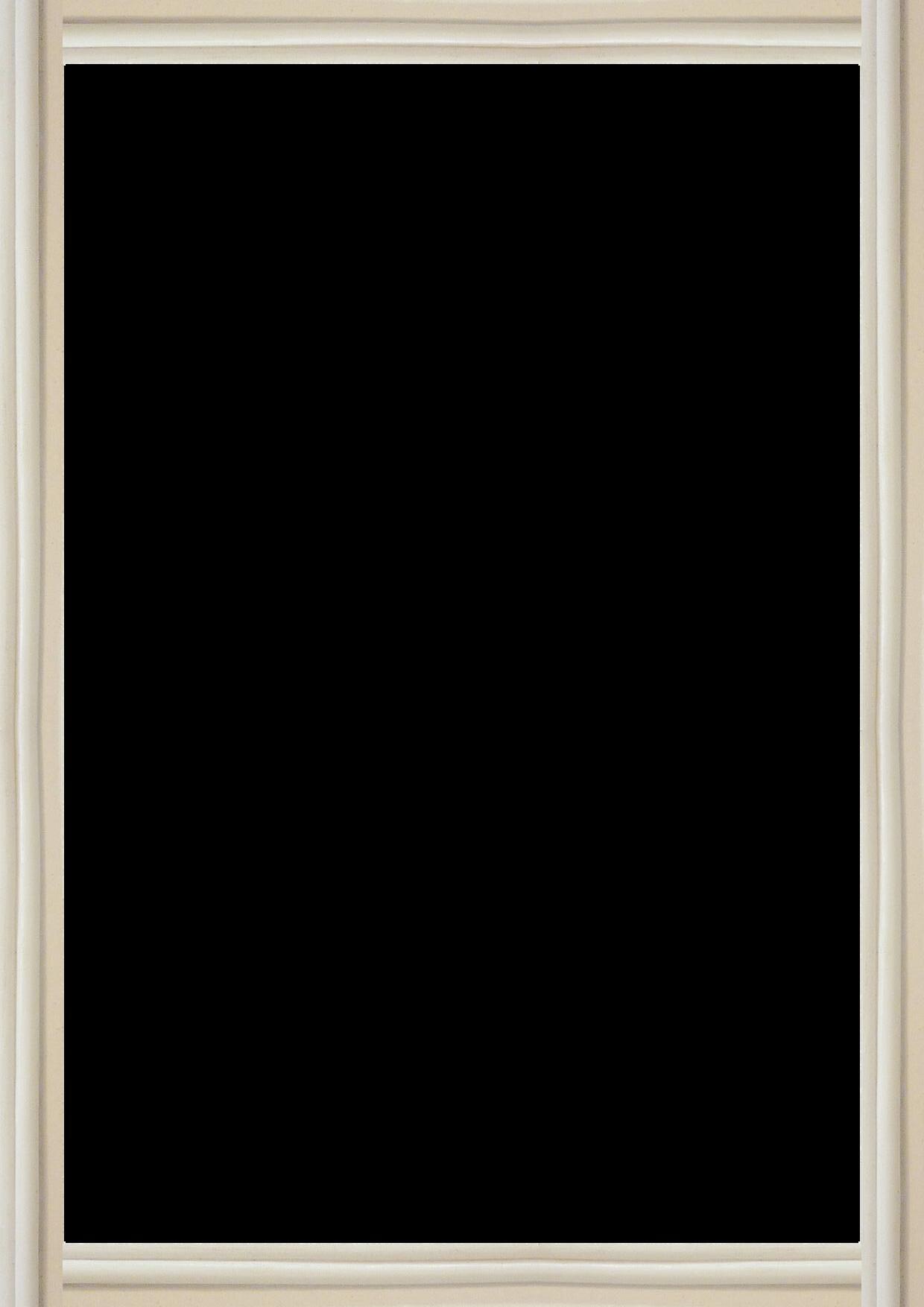FALL 2024

Germanic Languages
Literature and Language Courses for the Department of Germanic Languages


Literature and Language Courses for the Department of Germanic Languages
Prerequisites:GERMUN2102ortheequivalent.
Examinesshortliterarytextsand introducesstudentstoformalanalysisand closereading.Genresincludefable, parable,anecdote,themanifesto,radio play,thenovel,andblogs. Studentsgain basicfamiliaritywiththestudyofGerman literatureandculture.
Time: M W 10:00 - 11:25 AM


Thisclasswillprovideanintroductiontotherichandvaried formsofliteraryproductionbetween1750and1900by focusingonthecultureofSensibility,theEnlightenment, StormandStress,Romanticism,the“Vormärz”andRealism. Wewillsituatemajorliteraryinnovationsofthe18thcentury inthecontextofchangingreadingandtheaterculturesand focusprimarilyonLessing’sinnovativedomestictragedy, andonpoemsandanepistolarynovelbyGoethe.Thenwe willdiscusstheliteraryproductionofthe19thcenturyby analyzingchangingconceptsofart,musicandliterature duringthosetimesofgreatsocialandpoliticalchange.We willstudy(andtranslate)poems,andreadpamphletsand novellasbyTieck,Kleist,Hölderlin,Novalis,Brentano, Eichendorff,Günderrode,Droste-Hülshoff,Heine,Büchner, Mörike,KellerandFontane.
Instructor:DorotheavonMuecke
Time:MW11:40AM-12:55PM
Instructor:
Annie Pfeifer

M W 2:40-3:55 PM 12849
Credits: 3
Thiscourseexploresfascism throughaninterdisciplinary,transhistoricallens.Beginningwith Germany’sThirdReich,wewill examinefascism’shistoryand foundationsinsocial,political, religious,andscientic developments.Wewillexplore varioustheories—rangingfrom psychoanalytictophilosophical— whichtrytoexplaintheriseand spreadoffascism.Tohelp conceptualizefascism,wewill analyzeitscomplexrelationship withrace,ideology,andnationalism, andinparticular,itsdeploymentof technology,aesthetics,and propaganda.Wewillapplyourown workingdefinitionoffascismtothe contemporarymomentby analyzingcurrentpopulist, authoritarianmovementsaround theglobe.
(Taught in English)
Examines accounts of traveling or living in South America, Africa, and Germany from a postcolonial and transnational perspective. Discussion of German explorers, colonialism, global tourism, multiculturalism, focusing on the relationship between mobility and the formation of African, Jewish, Turkish bicultural identities in different historical contexts and geographical settings. Close attention to the role of language, ideology, and itinerary in visual, aural, and written records by A.v.Humboldt, Merian, J. Baker, Massaquoi, Wackwitz, Oezdamar, Akin.
Tu Th 2:40 PM - 3:55 PM
Instructor: Erk Grimm

T10:10 AM - 12:00 PM
What kind of globe has Netflix invented since its founding in 1997? The course offers an introduction to the analysis of Netflix series in a transnational context: shows from around the world, viewed through multiple lenses - their production in their home countries, their consumership on an American campus, and their existence in the “third space” of the streaming world, and Netflix particularly. In the course, we’ll learn to analyze such series critically, discussing their complex production process and rationale, alongside algorithms used to reinforce viewers' habits. We’ll ask, among other questions, how Netflix represents and imagines different national contexts and traditions, and how Netflix productions have changed or reimagined the narratives of national histories and cultures. Series discussed include, but are not limited to, Berlin Babylon, Dark, Kleo (Germany), Shtisel (Israel), Squid Game (South Korea), Giri/Haji (England/Japan), 3 Body Problem (USA).
Credits: 3
CLGR4271 GU 12863
Credits: 3
T 4:10-6:00PM

NearlyfiftyyearsafterthepublicationofEdwardSaid’sgroundbreakingworkOrientalism,the bookisasrelevantasever.Atthesametime,therehavebeencountlessattemptstobroadenthe scopeofinquirytoexploreconstructionsoftheMiddleEastandAsiafromdifferentcultural, historical,andtheoreticalperspectives,includingfeministandMarxistrevisionsofSaid’s conceptualizationaswellasimportantworkexaminingtheroleofraceandreligion.Focusingon theGermanophonecontext,thisseminartracestheinterrelationshipbetweenOrientalism the studyoftheOrient andtheevolutionofGermanscholarshipandempire.Withouthavingan imperialpresenceintheMiddleEast,Germanyquicklydevelopedanauthoritativeroleinthe studyofmanyOrientalistfields,promptingseveralquestions.CanSaid’sframeworkbeusedto describetheexperienceofnon-colonialpowersintheMiddleEast?TowhatextentwasGerman OrientalisminformedbyGermany’scolonialexperiences itsbelatedacquisitionofoverseas coloniesanditsquasi-colonialrelationshipwithEasternEuropeanstates?HowdoesOrientalism reflectGermany’sownnation-buildingeffortstofabricateamythic,ancientpast?HowdidNazi Orientalismperpetuateandexploitthesemyths?WiththecontemporaryresurgenceofantiSemitismandIslamophobiaintheMiddleEastandWest,thesequestionstakeonrenewed importance.Concludingwithadiscussionofthe“migrantcrisis”inEurope,thisseminarproposes thatahistoricalstudyofOrientalismcanincreasesensitivitiestotheculturalcomplexitiesof today’sglobalenvironment.Throughaninterdisciplinaryfocusonliterature,visualarts,and theory,thisseminarcriticallyexaminestheroleofscholarshipandacademiainexploringhow humanitiescanshapeandaltersuchperceptions.DoesthestudyofOrientalismunwittingly contributetotheproblembyperpetuatingstereotypesandmythswhileunderminingtheagency ofcolonizedornonWesternpeoples?

This introduction to German film since 1945 (in its European contexts) deploys a focus on feelings as a lens for multifaceted, intersectional investigations of cinematic history. We will explore how feelings have been gendered and racialized; how they overlap with matters of sex (as closely associated with political revolt in Western Europe, while considered too private for public articulation in the socialist East, especially when queer); and how they foreground matters of nation and trauma (for example via the notions of German ‘coldness’ and inability to mourn the Holocaust). Simultaneously, the focus on feelings highlights questions of mediality (cinema as a prototypically affective medium?), genre and avant-garde aesthetics: in many films, ‘high-affect’ Hollywood cinema intriguingly meets ‘cold’ cinematic modernism. In pursuing these investigative vectors through theoretical readings and close film analysis, the course connects affect, gender, queer, and cultural studies approaches with cinema studies methodologies. The films to be discussed span postwar and New German Cinema, East German DEFA productions, the ‘Berlin School’ of the 2000s, and contemporary transnational cinema.

Instructor: Claudia Breger
Instructor: Dorothea von Muecke Proseminar for Graduate Students Only
In this seminar we will analyze how the dramatic production of the eighteenth century related to wars and revolution and made references to the Dutch Independence Wars, the Seven-Years War, the French Revolution, and the Napoleonic Wars. At the center of our discussion will be plays by Lessing, Schiller, Goethe, and Kleist (Philotas, Minna, Don Karlos, Egmont, Die natürliche Tochter, Krug, Prinz Friedrich). Reading and discussion will be in German.
13982 - Credits: 3
Mo 4:10 PM - 6:00 PM

UN1101 Elementary German I - 4 credits
UN1102 Elementary German II - 4 credits
UN2101 Intermediate German I - 4 credits
UN2521 Intermediate Conversation - 2 credits
UN2102 Intermediate German II - 4 credits
UN3001 Advanced German I - 3 credits
BC2210&2212 - Grammatik Aktiv - 2-3 credits
UN1101 Elementary Dutch I - 4 credits
UN2101 Intermediate Dutch I - 4 credits
UN3101 Advanced Dutch I - 3 credits
UN1101 Elementary Finnish I - 4 credits

UN1101 Elementary Yiddish I - 4 credits
UN2101 Intermediate Yiddish I - 4 credits
UN3333 Advanced Yiddish - 3 credits
GU4113 Yiddish for Academic Purposes - 3 credits
UN1101 Elementary Swedish I - 4 points

Let’s explore Berlin from the vantage point of a Columbia German language classroom. Even if we can’t smell
Berlin’s legendary air, we can gain insight into the city’s history and atmosphere, explore Berlin’s Bezirke and Kieze, as well as get an idea of what’s happening now in Berlin. We’ll experience Berlin through literature, film, music, art, and news, and an excursion to find Berlin in New York City. What better way to prepare for a visit to the capital city of Germany, for study at Berlin’s Freie Universität, or for an internship at one if its institutions?
MW 11:40 AM - 12:55 PM
Instructor: Jutta Schmiers-Heller

MW 4:10 PM -5:25 PM ,
Irene Motyl-MudretzkyjThis German-language course for students on the Advanced proficiency level will offer students the opportunity to improve their comprehension of German media language through viewing, reading, writing and digital film production. Course materials will be drawn from German-language periodicals, newspapers, TV newscasts, TV documentaries and features digitally available. Students will hone their media competence by analyzing the material at hand and write, film and edit their own digital newscasts and documentaries in German. Through this process students will acquire the media literacy needed to understand cultural differences in media production and presentation and how to successfully communicate and convey messages in a digital format. Finally, students will familiarize themselves with the technical aspects of filming and will learn how to edit digital material. The cultural aspect of the course will give students greater insight into current issues and discourses in German-speaking countries and in the U.S. In the final project students apply their skills and findings, after conducting research in German and working with German, Austrian and Swiss cultural institutions, newspapers, companies, cultural centers located in New York. At the end of the semester, students will create and write their own German-language documentary film, edit the documentary and present it to the class and other students of German.

Prerequisite: Completion of 1102 or equivalent. If you have prior German outside of Columbia's language sequence, the placement exam is required.
Desire to speak lots of German! Students in Intermediate Conversation should have completed the equivalent of two semester of college German or placed at the Intermediate level at Columbia. This conversation group is designed for students are either taking Intermediate German I or II and would like additional practice or who take only this class because they wish to maintain their spoken German.
The course is designed to improve your ability to speak and understand and manage German in everyday situations; to provide opportunities to participate in conversational situations on any topics you are interested in; to strengthen and acquire skills to understand German spoken at normal conversational speed; to expand active and passive vocabularies speaking skills; and to maintain a certain level of written German through short written activities. This is a 2-point course and does not count towards the language requirement.